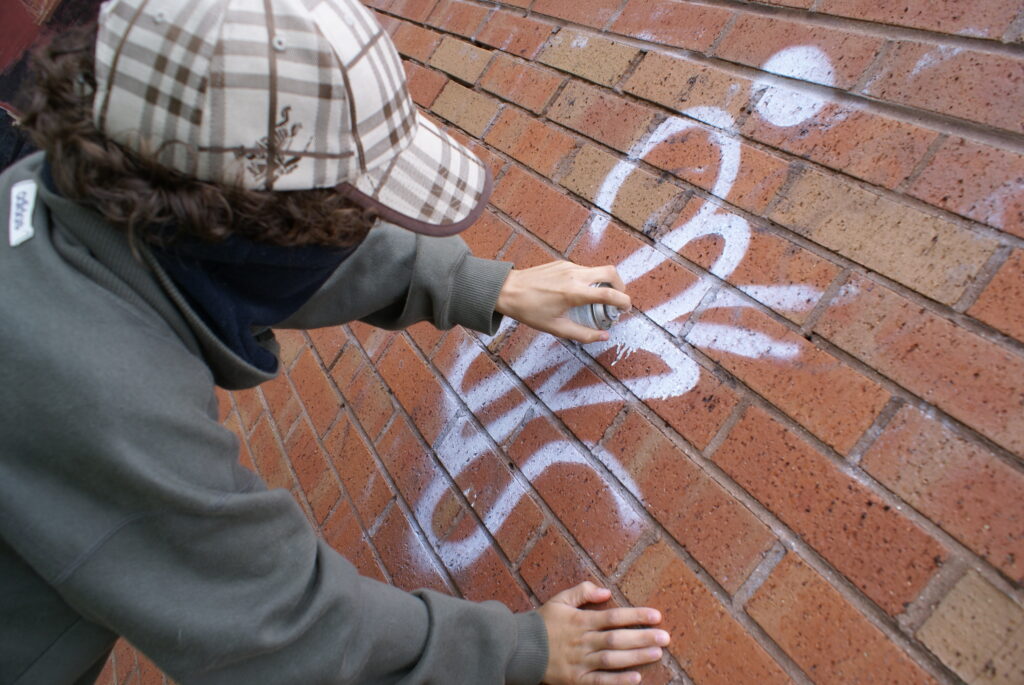As a residential landlord, managing properties is not just about maintaining the physical aspects of your buildings. It’s equally important to ensure that your tenants live in a harmonious and respectful environment. Occasionally a part of this involves dealing with anti-social behaviour. In this article, we delve into what constitutes anti-social behaviour and offer practical advice for landlords on how to address such issues.

Defining Anti-Social Behaviour
Anti-social behaviour is a broad term encompassing activities that can cause nuisance, annoyance, or distress to people. It includes a range of misconducts from loud music and rowdy parties to vandalism, harassment, and threatening behaviour. Understanding what qualifies as anti-social behaviour is crucial for landlords to take appropriate actions. UK Government, Metropolitan Police, and Housing Ombudsman provide detailed descriptions and examples.
Identifying Anti-Social Behaviour
The first step in addressing anti-social behaviour is to identify it accurately. This can be challenging, as what may be a minor irritation to one person could be a significant disturbance to another. Regular communication with your tenants and encouraging them to report any issues promptly is essential. It’s important to differentiate between a one-off event and persistent problems, which require different approaches.
Legal Responsibilities and Guidelines
As a landlord, you have a legal duty to ensure your tenants do not engage in anti-social behaviour. The UK Government’s guidelines offer a clear framework for understanding your responsibilities. You need to be aware of the terms of your tenancy agreements and the legal implications of any actions taken against tenants.
Effective Communication and Mediation
Often, the best way to resolve anti-social behaviour is through open dialogue and mediation. Approach the tenant causing the disturbance and discuss the issue calmly and professionally. In many cases, tenants may not be aware of the impact of their actions. Providing a platform for all parties involved to communicate can lead to a mutually agreeable solution.
Implementing Preventive Measures
Prevention is always better than cure. As a landlord, you can take proactive steps to reduce the likelihood of anti-social behaviour. This includes thorough tenant screening, clear communication of house rules, and regular property inspections. Additionally, fostering a sense of community among your tenants can encourage them to respect each other’s peace and comfort.
Dealing with Persistent Anti-Social Behaviour
In cases where anti-social behaviour persists, it’s important to take firmer actions. This may involve formal warnings, involvement of local authorities, or even legal action in extreme cases. The Housing Ombudsman’s fact sheets provide valuable information on handling such situations within the legal framework.
Record Keeping
Maintaining detailed records of all incidents, communications, and actions taken is crucial. This documentation can be invaluable if the situation escalates and legal intervention becomes necessary. It demonstrates that you have taken all reasonable steps to resolve the issue.
Seeking Professional Advice
If you’re unsure about how to proceed, seeking professional advice is reccomended. This could be legal advice, consulting with local authorities, or engaging a professional mediator. Remember, each situation is unique and may require a tailored approach.
Dealing with anti-social behaviour is a challenging aspect of being a landlord, but it’s essential for the well-being of your tenants and the reputation of your properties. By understanding what constitutes anti-social behaviour, communicating effectively, taking preventive measures, and knowing when to seek professional help, you can manage these situations effectively.
If you’re experiencing challenges with anti-social behaviour in your properties, or if you need guidance on effective property management, don’t hesitate to contact Northwood. Our team of experienced professionals is here to support you with tailored solutions that ensure the tranquillity and safety of your rental properties.






